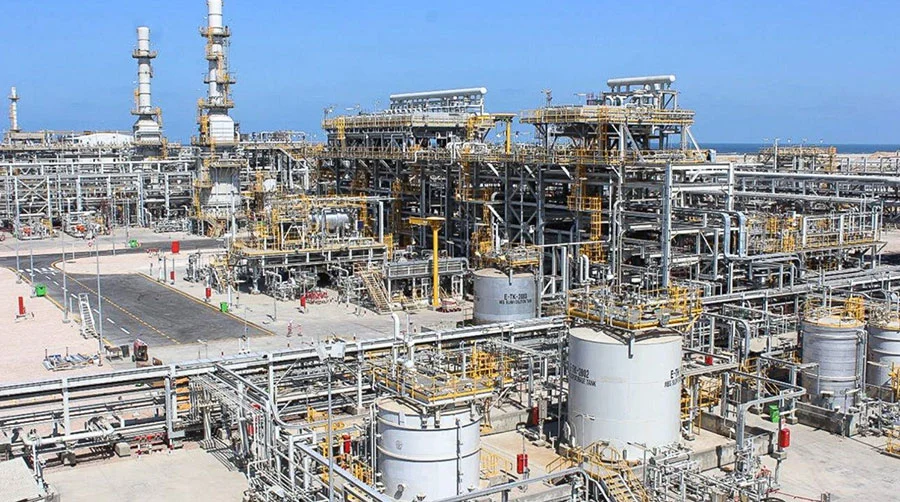The African Energy Chamber urges the United Kingdom to deepen partnerships and adopt practical strategies to unlock Africa’s vast hydrocarbon potential.
The African Energy Chamber used the Wider African Energy Summit in Aberdeen to deliver a pointed message: Africa’s oil and gas future demands realism, collaboration, and renewed UK engagement. Speaking at the event, AEC Executive Chairman NJ Ayuk stressed that alleviating energy poverty and advancing economic opportunity must drive the continent’s development agenda. He argued that making Africa a competitive home for international investors—especially UK operators and service providers—will be essential as governments work to monetize more than 125 billion barrels of proven oil reserves and 620 trillion cubic feet of natural gas.
Despite promising prospects, major challenges persist, particularly the above-ground risks that deter foreign capital. Ayuk urged African governments to modernize fiscal terms and realign regulatory structures, arguing that global investment competition now pits African projects not against neighboring countries but against energy frontiers like Guyana and Suriname. He pointed to Angola as a recent example of how improved investment conditions can bring major players such as Shell back into the market.
Midstream development represents another critical gap. Ayuk highlighted the continent’s severe infrastructure deficits, including the lack of LNG receiving terminals and the difficulties in moving natural gas across borders. Nigeria’s struggles to supply regional markets—even with abundant reserves—illustrate the constraints facing African economies. He argued that UK service companies with expertise in the North Sea could help accelerate infrastructure buildout, enabling Africa to expand baseload energy, improve energy security, and support industrial growth.
Ayuk concluded with a direct appeal to UK investors: Africa offers both financial return and the chance to transform millions of lives. Strengthened partnerships, he said, can deliver a more connected, affordable, and resilient energy future—if stakeholders choose pragmatism and seize the moment.
“When you share your news through OGV, you’re not just getting coverage – you’re getting endorsed by the energy sector’s most trusted voice.”















